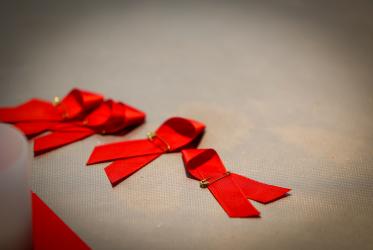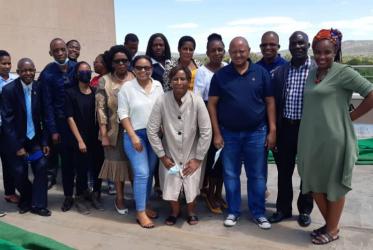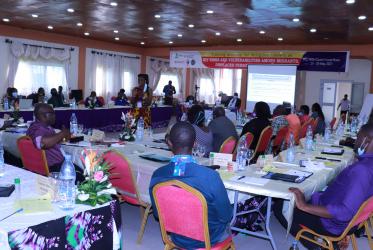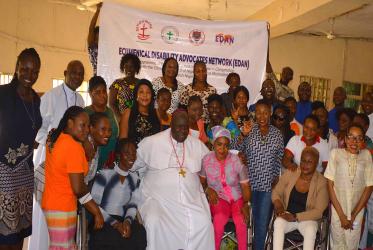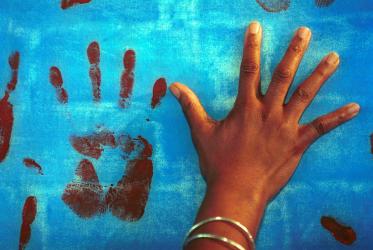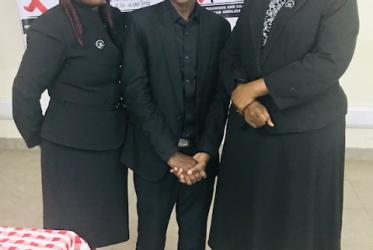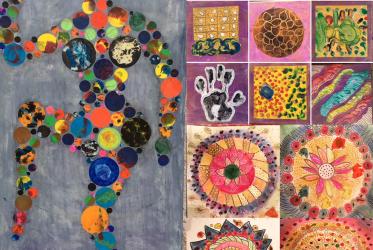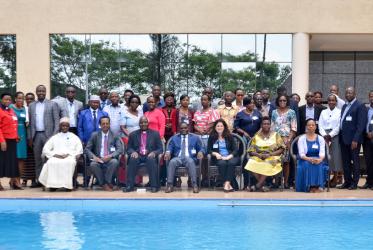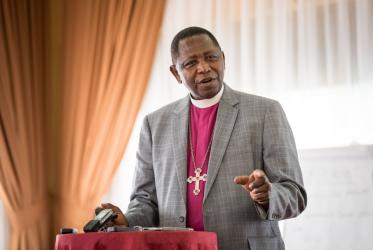Displaying 1 - 20 of 44
Advancing a disability-inclusive response to COVID-19
21 April 2020
WCC to ring with children’s voices across the world
16 November 2018
Doing his best without being the best
07 September 2018
Walking together against hatred and violence
26 February 2018
World AIDS Day 2017 - prayer service, exhibition, panel discussion
01 December 2017
Ecumenical Centre, Geneva
“Facing the storm of HIV, we can move together, be agents of change”
06 September 2017
